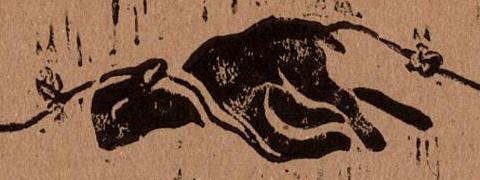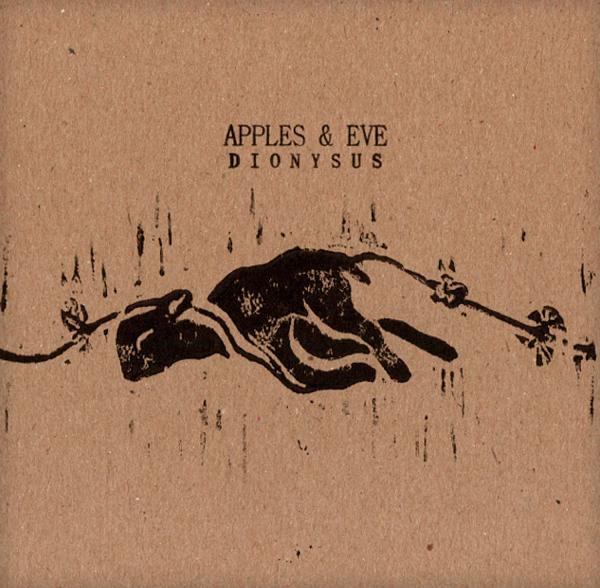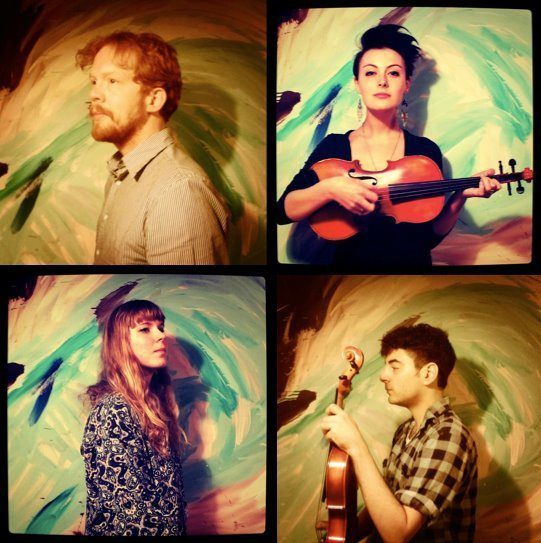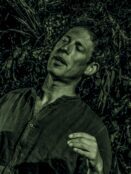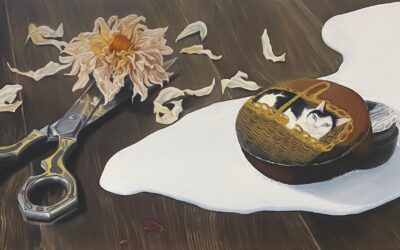[dropcap style=”font-size:100px; color:#992211;”]D[/dropcap]ionysus had a tough time of it from the start, it’s not surprising the turned to the bottle.
Depending upon your chosen source for the details of a myth which already had a high noise to data ratio in the Mycenean period, the young god was born of an extra-marital dalliance between Zeus and a comely mortal named Semele. This did not go down well with Hera, wife of Zeus who, as goddesses do, hired some Titans to seize, dismember, cook and eat the newborn lad. Which they duly did.
If the Orphic version of events seems too Grimm-ly allegorical, an earlier source records the slightly less graphic (but equally finger-waggy) event of Hera persuading Zeus to ‘appear’ to the pregnant Semele in his non-divine form. Something like in Superman 2 when Lois finally gets to shag Supes by putting him in the disco-showercurtain thing that de-Superfys him.
Unfortunately for Semele, Zeus (king of the gods) was way too potent for mortal women, even in his de-goddified form. The euphemism which survives the millenia of metatextual nudge-winking is that Semele ended up destroyed by ‘bolts of lightning’ flashing from the body of loverman Zeus.
Scholars adept in decodifying ancient Greco-Roman lore might surmise that the poor lass was fatally jizz-cannoned by the divine moneyshot.
In some versions, a dripping remnant of the foetal Dionysus was gathered and sewn into the thigh of Zeus, to be born later. A somewhat dysfunctional beginning. The lad is hardly to be blamed for a life that eventually led to his exclusively-female cult followers developing the power to suckle wild animals, charm snakes and rip living human victims limb from limb before indulging in wild drunken feasts.
[quote]Withnail’s Uncle Monty springs to mind[/quote]
In our own sanitized age, we prefer to think of Dionysus in his Romanised form as Bacchus, a camp and unthreatening luvvie devoted to the pleasures of wine and theatre. Withnail’s Uncle Monty springs to mind. The uncensored spirit of Dionysus is not so cuddly. As if Uncle Monty had been less of a faded old roue and more of a Bath Salts-crazed face-chewer primed on slash-porn.
Which abrubt segue brings us onto Apples & Eve‘s EP Dionysus.
Genre-adjectives for the four-track will congregate around the word ‘folk’, mostly because there’s a violin in there. Or a fiddle. Call it what you will. Played by Jonas Aaron, at times the instrument contributes a focal jig-melody, at others it is placed in the role of supporting atmospherics contributor. Verbose ways of saying that at times it’s a fiddle, at others it’s quite firmly a violin. Whilst being the same instrument, of course (when not subject to the type of arbitrary snobbish rot that music writers obsess upon).
So having established that a violin plays a prominent role, shucking off the word ‘folk’ will be nigh impossible. And there are folk elements to the EP. Opening track ‘Dionysus’ channels polka rhythms on accordion to underline a vocal narrative of guilty passion in cabaret-gypsy mood, whilst ‘L’Homme’ applies a hint of Ukranian-style charabashka to an earthy tale of myth-referencing revelry.
Nevertheless, folk is too restrictive a genre-category for a collection of songs which make no claim to represent the lore of any particular culture in musical form. Beyond the title of the EP, a songtitle and a fleeting reference to Dionysus in ‘L’Homme’, there is little overt reference to that myth in the EP’s lyrics. Claiming or enforcing the descriptor ‘folk’ onto the band serves no function other than to wind up purists.
The EP is musically strident, with solid percussion belting out dance rhythms older than cities, the grand chanson vocal style of Eve Rose and the violin/fiddle/whatever stylings previously mentioned wrap up into a package that is at times new-troubadour, at others, something much more contemporary. Closing track ‘Creatures of the Sea’ has the slouchy groove of a Brand New Heavies r&b track underneath all that rustic instrumentation.
Mumfords aside, UK music tastes have more difficulty with a folk-tinged cabaret grand chanson style than their continental counterparts. Certainly, there are precedents. Hannah Tuuliki’s work with Two Wings applies a very different vocal approach to similar musical ambitions, Drugstore‘s early work applied a cello in the place of violin, KT Tunstall‘s hearty paean to big black horses and cherry trees is the more commercial version.
For anything approaching mainstream acceptance of Apples & Eve’s musical style though, a trip across/under the channel is necessary. French acts Renaud and M have been peddling a similarly role-based vocal against hugely dramatic folksy backdrops for decades.
Eva Rose’s voice evokes a doomed inter-war chanteuse, Aaron’s violin spirits the listener to campfire passion deep in a Carpathian forest and the rhythm section of Francine Perry and Grahame Ross displays perfectly how the dance-music trope of drum build and bass drop predates the 808, indeed, predates every other aspect of electronic dance music including electricity itself.
The CD comes in a very handsome recycled cardboard wallet too.
[button link=”http://www.applesandeve.co.uk/” newwindow=”yes”] Apples & Eve Home[/button]
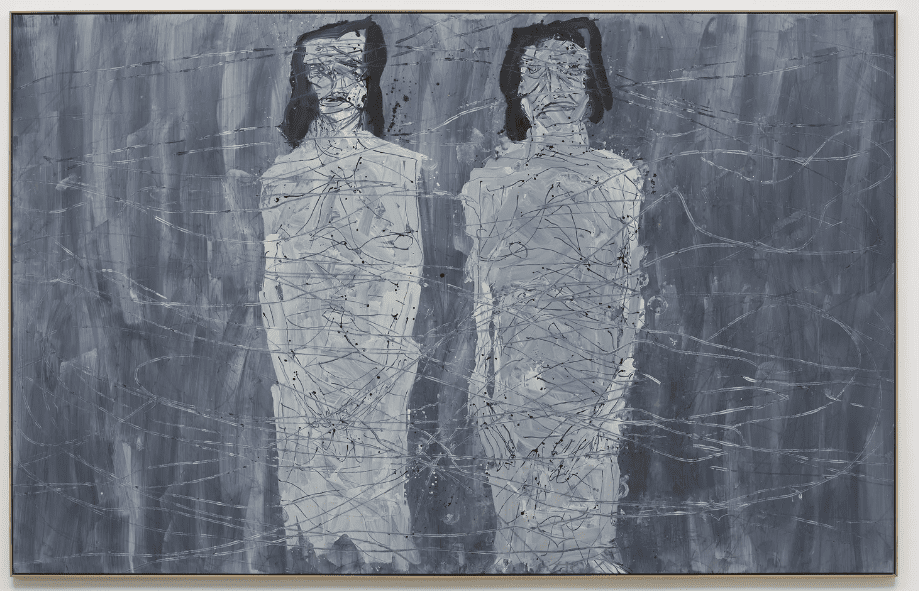
An observer first and foremost, Sean Keenan takes what he sees and forges words from the pictures. Media, critique, exuberant analysis and occasional remorse.

